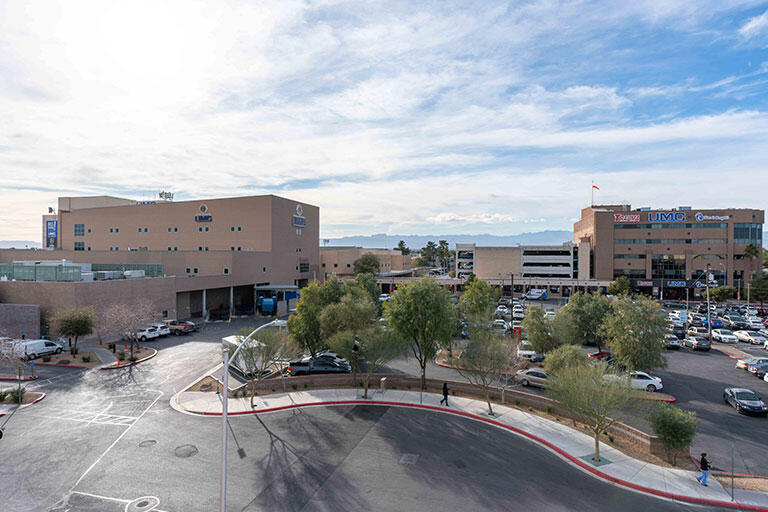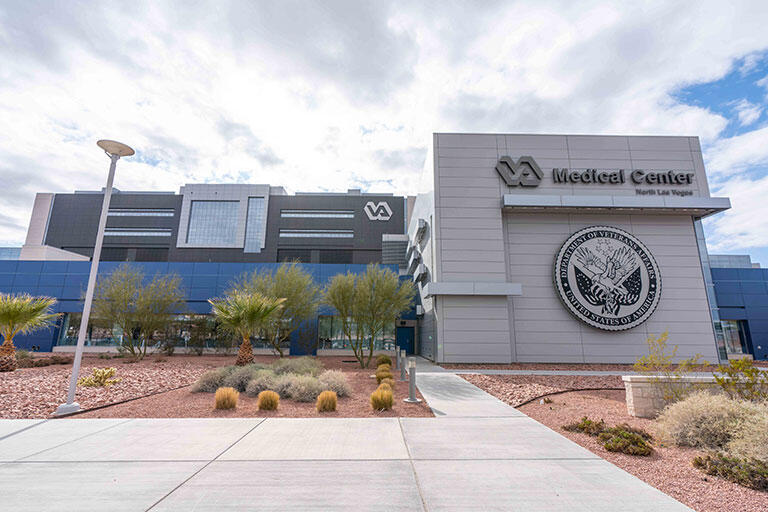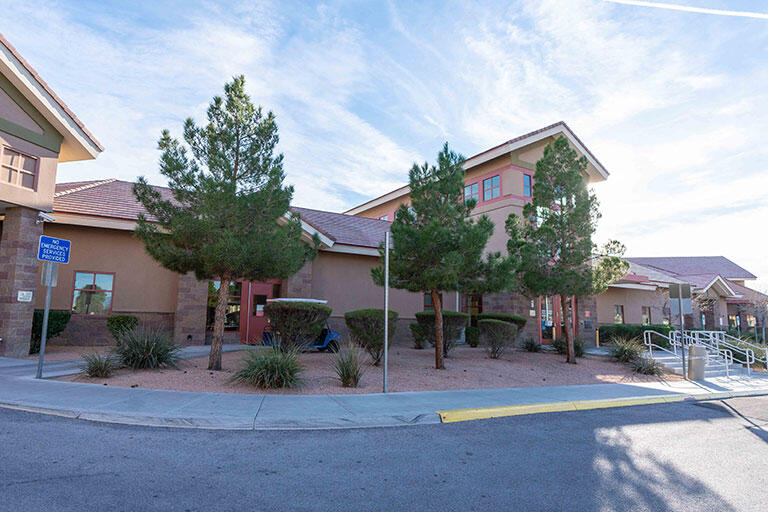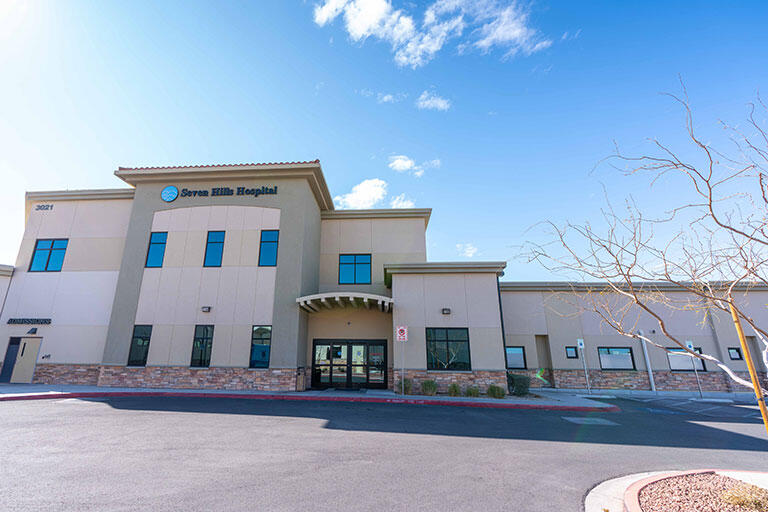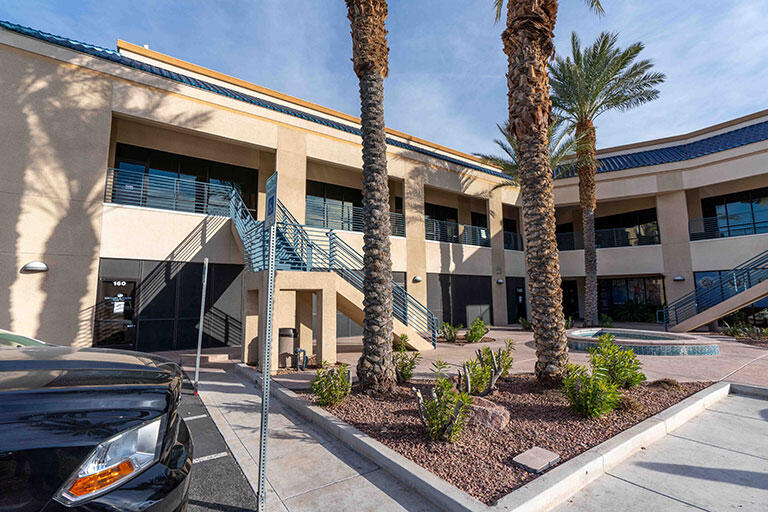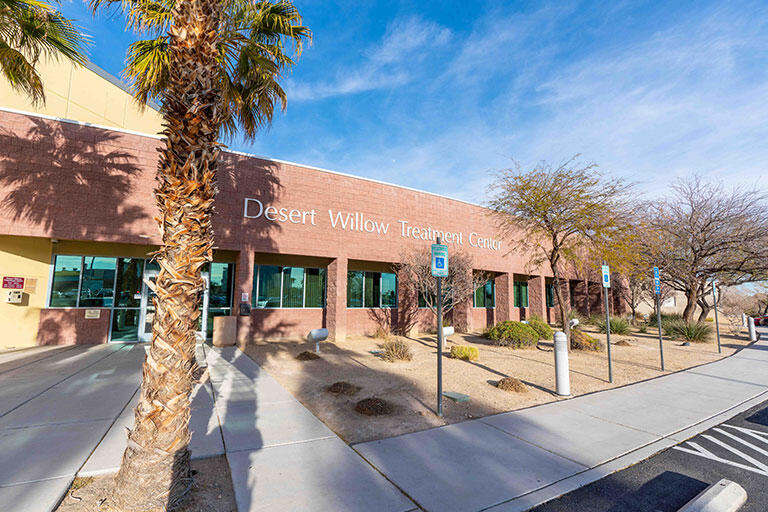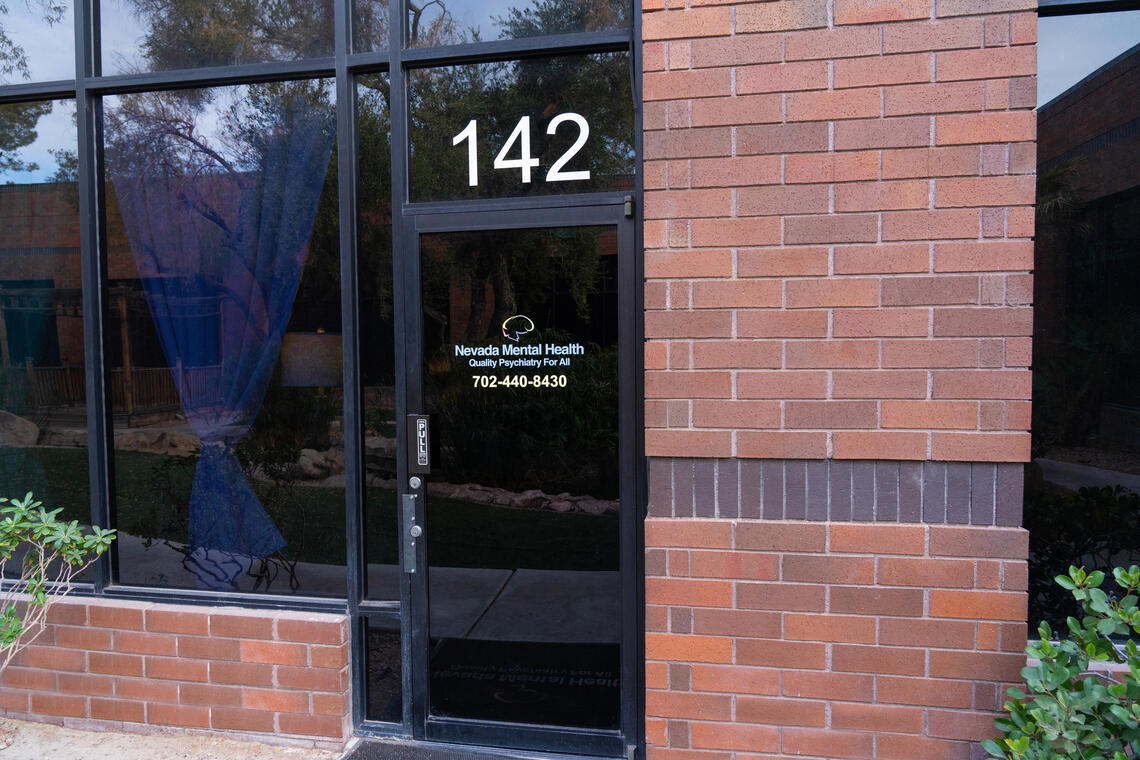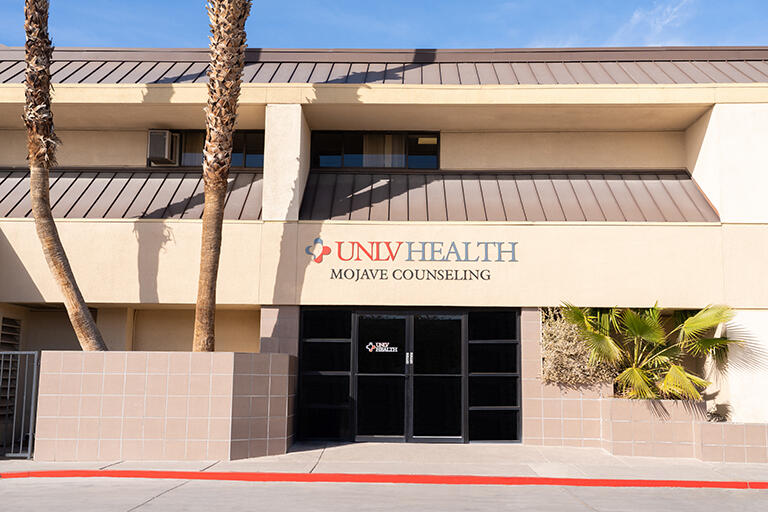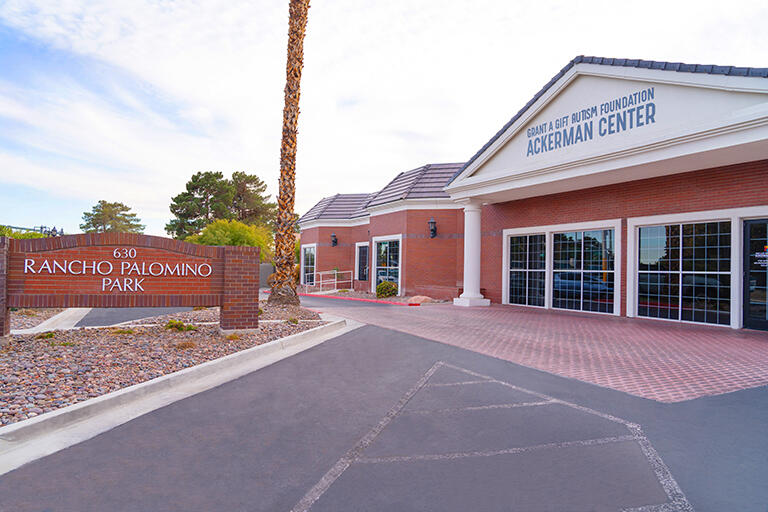Mission Statement
It is our purpose to train psychiatrists in an academic environment with both understanding and application of the bio-psycho-social-spiritual model of assessment and treatment to provide excellent care in the community. We provide care to the underserved population locally and aspire to fill the critical shortage of psychiatrists in Southern Nevada.
Program Highlights
- Fully accredited university program with balanced training in psychotherapy and psychopharmacology.
- Wide variety of patients of all socioeconomic and cultural backgrounds with a wide variety of psychiatric illnesses.
- Time designated weekly for lectures, seminars, case conferences, grand rounds, journal clubs, and resident support groups.
- Individual and group supervision on patient management.
- Increased responsibility throughout the program.
- The program has a total of 40 spots (10 for each year of the residency).
- Multiple training sites in public and private sectors with reasonable on-call schedules.
- Personal and professional development is encouraged through the entire residency.
- Excellent work and home-life balance, supportive colleagues and faculty, and group activities.
Contact
Please contact us about questions you may have regarding your application to the program and interview.
Curriculum
PGY-1
The first year of the psychiatry residency program focuses upon the transition from medical student to resident physician. Six months of the year are devoted to honing skills and understanding the basic primary care and neurology services. The other six months focus on the inpatient experience in psychiatry with a focus on differential diagnosis and the initiation of appropriate treatment for severe mental illness. Didactics in this year reflect basic psychiatric knowledge, diagnosis, and treatment.
PGY-2
The second year of the residency begins the exploration of the psychiatric subspecialties. Rotations specific to geriatric psychiatric, substance abuse psychiatry, child and adolescent psychiatry, consult and liaison psychiatry, and emergency psychiatry allow the resident to explore growing interests in the field and gain expertise in these populations and settings. Didactics in this year focus on the subspecialties in addition to ethics, history, and forensic issues.
PGY-3
The third year of the program demonstrates the transition to greater independence with ongoing supervision in the transition to the outpatient level of care. Residents also exponentially improve their skills in psychotherapy-based treatment for patients. The year-long experience provides continuity of care for a select group of patients with a balance between psychopharmacological management and psychotherapy-based visits. Didactics in this year include depth modules in each of the major psychotherapeutic schools and advanced psychopharmacology.
PGY-4
The fourth year of the psychiatry residency allows the resident to take leadership roles and explore any of the facets of psychiatric practice in the Las Vegas community with a wide variety of elective experiences. Junior attending roles are also available as are chief resident positions. Didactics in this final year move to “honors” topics which include hypnosis, spirituality, advanced forensic topics, sex therapy, administrative psychiatry, and courses designed to aid the resident in moving to private practice or other practice models.
Training Sites
Program Leadership
How to Apply
We look forward to receiving your application materials for the general psychiatry residency program at the Kirk Kerkorian School of Medicine at UNLV Department of Psychiatry and Behavioral Health. Please upload your complete application through the ERAS before October 15 of the application season. The program cannot review other data sources or requests for consideration.
Application Process
Applications to our program are conducted electronically through the Electronic Residency Application Service (ERAS) of the Association of American Medical Colleges:
2450 N. Street, N.D.,
Washington, DC 20037,
Fax: 202-828-1125
Our ERAS application, which utilizes the universal application, will require uploaded:
- a dean's letter
- medical school transcript
- three recent (within six months) letters of recommendation
- USMLE or COMLEX passing results for steps 1, 2, and 3, as applicable
All applicants must have passing results for Steps 1 and 2 Clinical Knowledge (CK) and Clinical Skills (CS) exams before starting residency.
Items required for consideration but no upload required:
- Passing results for Steps 1 and 2 Clinical Knowledge (CK) and Clinical Skills (CS) exams
- Licensing from the State of Nevada
All documents must be received and reviewed before an interview is scheduled. Interviews occur during the months of November, December, and January. The application deadline is November 1.
We also participate in the National Resident Matching Program and conform to their application deadlines.
An appointment is contingent upon licensing from the state of Nevada. For specific information, please visit the Nevada Board of Medical Examiners or the Nevada State Board of Osteopathic Medicine.
Transfer applications will be reviewed on a one-on-one basis.
The state of Nevada is an equal opportunity/affirmative action employer. Qualified persons are considered for employment without regard to race, color, religion, sex, national origin, age, political affiliation, or disability, as outlined in the state affirmative action plan.

